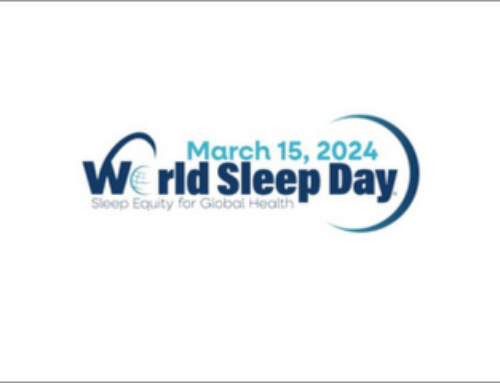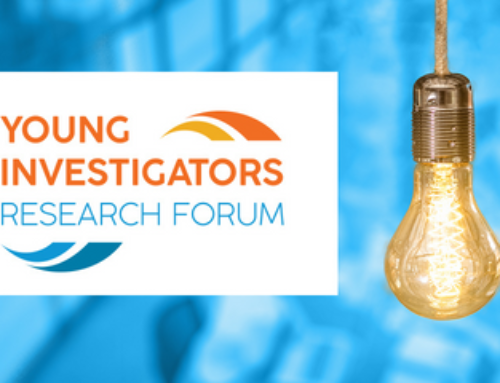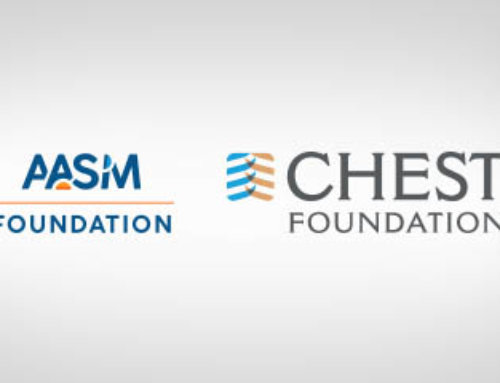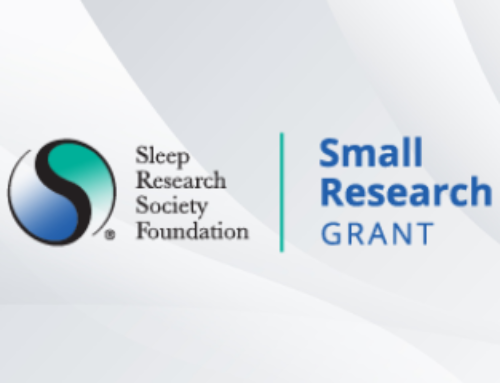We are pleased to introduce The Community Sleep Health Grant recipients. The AASM Foundation awarded $119,830 this year to six projects.
 Carol Ripple, PhD
Carol Ripple, PhD
Pajama Program and The New York Foundling
Developing and Implementing Sleep Health Education for Foster Care Personnel
Project: Despite high rates of sleep problems, sleep health among children in foster care is largely ignored. Guided by implementation science, semi-structured interviews with 35 foster-care agency personnel will assess sleep knowledge and strategies for delivering sleep health education. Findings will inform the development of an evidence-based sleep health education program for foster-care agency personnel, including strategies to support children and foster caregivers, offered by the lead organization, Pajama Program.
Impact: Through this project, we will learn more about how best to tailor sleep health education program content and delivery strategies for foster care agency staff. Our understanding of implementation pathways and challenges is essential to creating impactful programs to help agency staff support children in care and their caregivers. Funding from the AASM Foundation will bolster Pajama Program’s aim to provide accessible and effective sleep health education for the foster care community.
 Karin Johnson, MD
Karin Johnson, MD
Save Standard Time
Science of Clock Change: Creation of free educational videos on the implications of clock change policy.
Project: Legislation to end biannual clock change is active but often in favor of permanent Daylight Saving Time despite scientific and medical position papers supporting permanent Standard Time. Lack of education and understanding of the many and complex impacts of Clock Change policies leads to misuse of data and hinders advocacy. This grant supports the creation of videos about the science of clock change to educate the public and to assist with advocacy efforts.
Impact: This project expands the entire project team’s understanding of the complexity of clock change on all aspects of health, wellbeing and society and makes us better advocates for permanent standard time and sleep public health issues in general. The collaboration with other scientists and sleep specialists has grown my professional network and increases my national reach within and beyond the scientific community which will help support future sleep advocacy.
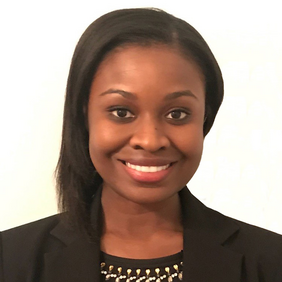 Vivian Asare, MD
Vivian Asare, MD
Yale University
Compassionate CPAP Service
Project: The cost of health insurance is an issue for many patients around the country, including patients in the New Haven, Connecticut community. Continuous positive airway pressure (CPAP) devices are expensive and require ongoing maintenance. Uninsured patients with sleep apnea often cannot afford treatment and consequently fail to start therapy. The Compassionate CPAP Service will identify uninsured and underinsured patients and provide PAP equipment assistance to help offset costs of sleep apnea therapy.
Impact: Sleep health disparities are prevalent in disadvantaged communities, with detrimental impacts on broader health outcomes. This project will increase awareness of the benefits of identifying patients requiring additional support and will further our understanding of how best to improve care for these patients. This award will support the grantee’s career aspirations as an academic clinician working to improve care for disadvantaged patient populations and to help identify and mitigate sleep health disparities.
 Hassan S. Dashti, PhD, RD
Hassan S. Dashti, PhD, RD
Massachusetts General Hospital and Oley Foundation
Sleep health recommendations for adults receiving overnight infusions of parenteral nutrition
Project: It is standard practice for patients who are receiving home parenteral nutrition (HPN), the provision of nutrients intravenously, to receive nutrition overnight, coinciding with sleep. Consequently, poor sleep is common among HPN users. The goal of this community health grant led by a multidisciplinary team of scientists and patient representatives is to support the sleep of patients receiving HPN by developing, disseminating, and promoting sleep health educational resources for this patient population and their clinicians.
Impact: The proposed research will hopefully empower patients and clinicians with education to effectively prioritize healthy sleep practices and will facilitate the development of future sleep guidelines for this patient population. The project will also provide the principal investigator, Dr. Dashti, an early-career investigator, with opportunities for mentorship in community-based sleep research. This will be achieved by interacting closely with co-investigators who bring expertise in all areas needed to achieve competency in this research, attending community engagement seminars, and engaging with a patient-centered foundation and with patient collaborators.
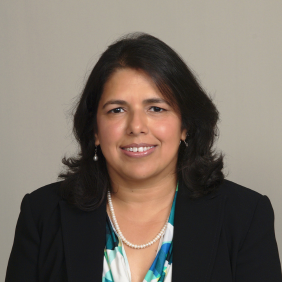 Monica Mallampalli, PhD
Monica Mallampalli, PhD
Alliance of Sleep Apnea Partners
Identify gaps and concerns within the sleep apnea community and provide actionable grassroots support to bridge gaps in care
Project: The Philips Respironics recall has largely lacked the patient voice and discussions on concrete actions needed to prevent such a recall in the future. This project by Alliance of Sleep Apnea Partners (ASAP) plans to identify and mitigate gaps within the sleep apnea patient community resulting directly from the recall of CPAP devices. ASAP will create a web-based platform with relevant policy information and tools needed for patients to better educate and advocate for themselves.
Impact: We hope to learn the barriers and challenges that sleep apnea patients face in accessing and managing their care. Sleep apnea patients already face challenges in accessing care and the FDA recall of Philips Respironics CPAP machines has put a further burden on the patient community. By identifying these challenges, we can start identifying concrete actions that can alleviate patient burden but also allow us to be better prepared in case of a future recall.
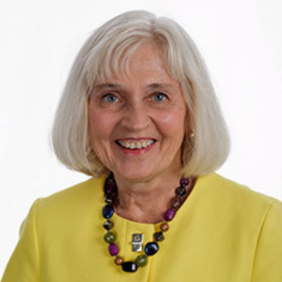 Judith Owens, MD, MPH
Judith Owens, MD, MPH
Boston Children’s Hospital and Massachusetts League of Community Health Centers
A Bedtime Story Book
Project: Bedtime books that are specifically aimed towards the most vulnerable children do not exist. We will develop a bedtime book utilizing culturally-relevant sleep health messages and illustrations targeting disadvantaged/minority families with school-aged children in order to help address sleep health disparities. The book’s development will incorporate feedback from stakeholders including caregivers. The book will be distributed by healthcare providers in community health settings during well child visits to reinforce the relationship between sleep health and general health.
Impact: Expected outcomes of this project associated with access to a culturally-relevant bedtime book include 1) increased knowledge of sleep health principles in both children and caregivers; 2) increased incorporation of regular bedtime routines that also focus on caregiver-child interactions and reading (compared to electronics use), and 3) improvements in children’s sleep duration and quality.
This grant is now known as the Community Sleep Health and Public Awareness grant, and we are currently accepting applications.


